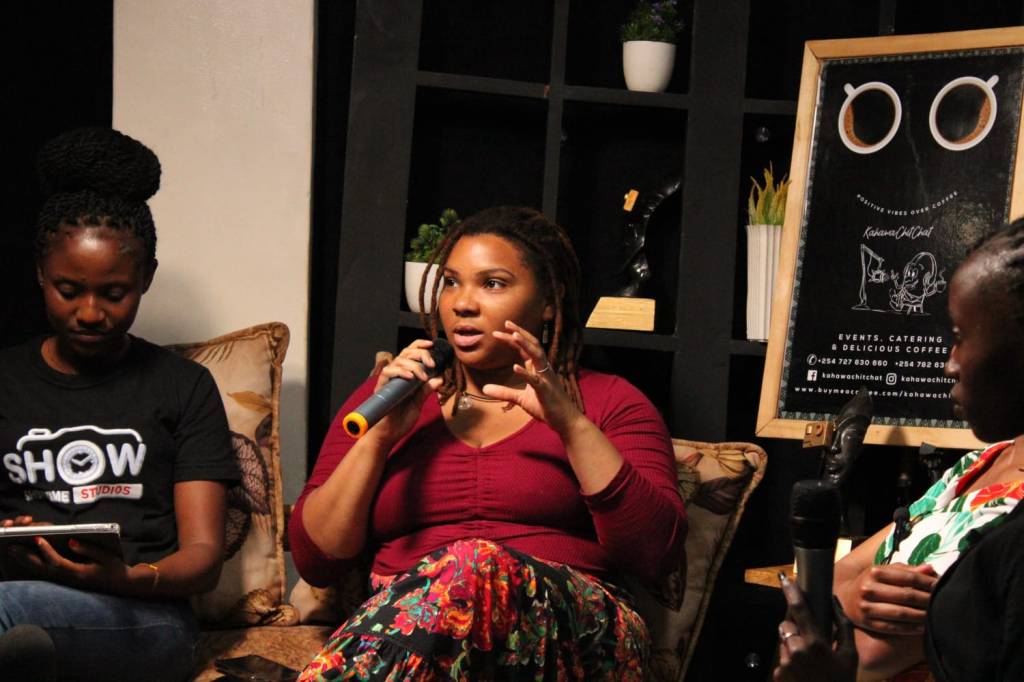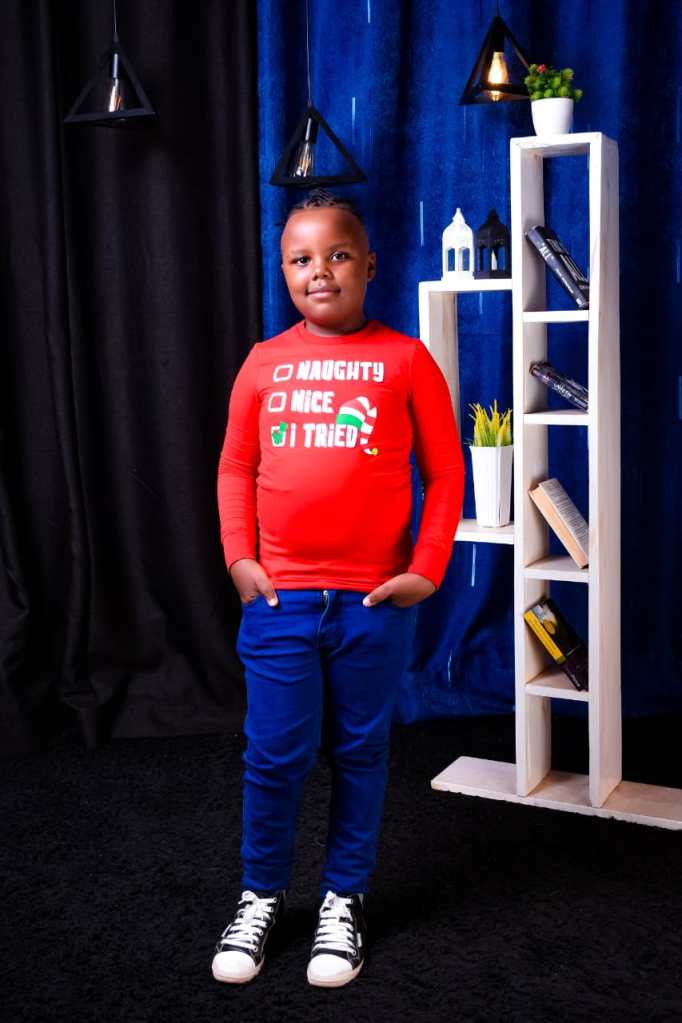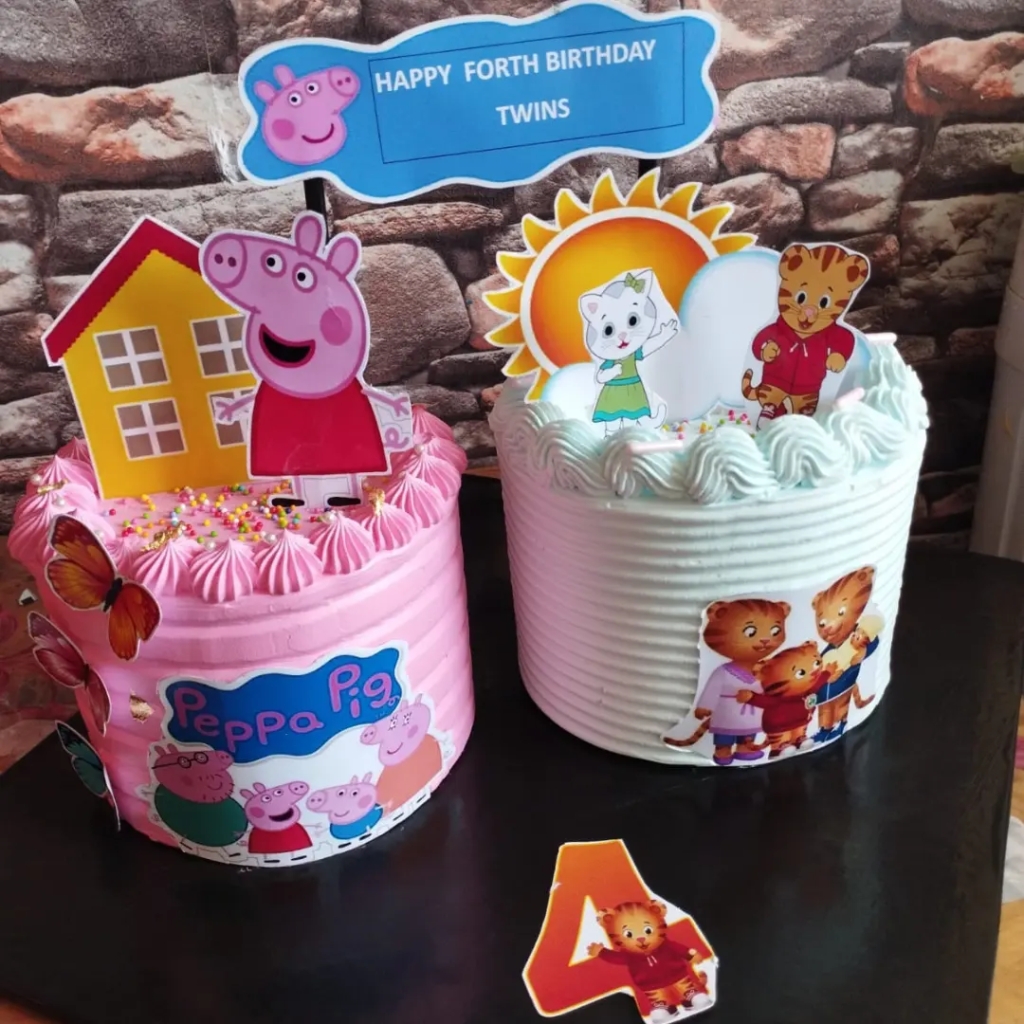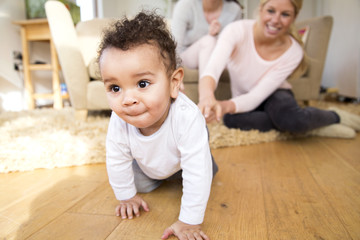DABS Africa (an association of psychology students at Outspan Medical College in Nyeri), in collaboration with Showtime Cinema recently hosted Penn State University students for a Cross-cultural discussion on Mental health, at the climax of Mental Health Awareness Month on the 28th May 2023.
The event dubbed ‘Mental Health Talk Show’ shared Cross-cultural Approaches between DABS Africa and Penn State University on Mental health and related issues.

Panelists engage in cross-cultural talk on mental health
The event which was the first of its kind, brought together an audience of young people from the two institutions as well as other young people from across Nyeri town.
The cross-cultural talks on mental health saw the teams converge at the Showtime Cinema in Nyeri, where they all engaged in discussions centered on mental health and the different approaches to coping with mental health challenges.
The event was moderated by Circle Chat cohosts, ReginaWanjiru Muthoga and Christine Waithera Chege, who are both also part of the DABS Africa team, and Wachera Gikonyo of Showtime Cinema. Among the panel were Tia Abdulhadi, Nina Decicco, Sofia Montaner from Penn State University, and Victor Mwai of Outspan Medical College.

Tia Abdulhadi( center) shares her opinion on mental health as panelists Wachera Gikonyo (left), and Regina Muthoga (right) listen in.
The discussions were centered on differences in mental approaches in Kenya and in the United States, and in particular at Penn State University. It was noted that in the United States, people have been more sensitized on mental health and are therefore more vocal about mental health illnesses. They are more advanced when it comes to handling mental health issues. In addition, they have different programs that help in coping with mental health in workplaces and other institutions. On the other hand, people are not as open about mental health in Kenya, and there’s still a lot of stigma associated with mental health issues.
While in the US, they have a lot of facilities and more technologically advanced equipment to test different disorders in their colleges and universities, Kenya is still struggling with stigma and with few health care professionals to handle mental health cases. In addition, there is a gap when it comes to following up on the patients.
Another interesting debate that came up during the session was the role that religion plays in dealing with mental health issues. According to the Penn State students, religion in Africa plays a negative role sometimes as we are too stuck on practicing religion to an extent that it leads to actions that could in the long run impact mental health negatively. A recent example was the ‘Shakahola case’ where a pastor allegedly misled hundreds of faithful, including children by leading them to fast to their death bed. The Penn State students argued that this over-indulgence in religion was impacting negatively on mental health. In their case, they do not dwell more on religion as they feel this can sometimes create a barrier to mental health instead of promoting it. Most of them argued that they would rather practice spirituality.

Students from Penn State University at the event
The engaging debate ended on a high note with the audience wishing that it had lasted longer. There was also positive feedback on the event from across the board.
“The event was great but it should have lasted longer. We definitely hope to have a rerun in the future,” said Waithera Chege, Circle Chat cohosts.
“The session was very interactive and this allowed people to approach us with more confidential questions. This really motivated us. A change of venue would be great for the next time to allow us to interact more with the community. We should have a follow-up where we have cross-cultural talks to see our weaknesses and how we can cope with them. I also hope to see more gentlemen on the panel.” shared Frank Boma, a student psychologist and a member of DABS Africa.
Fanuel Thuranira also part of Dabs Africa shared what he had learnt and how he would use it in his profession.
“What I learnt from Penn State is that they are more open about mental health. In my area of the profession, it takes time to get a mental health patient to trust you. We need to come up with ways of making clients more open and allowing them to feel safe. I am now practicing this in my career. You must create a safe environment for your patient where they feel there is no judgment.
“It was a very engaging talk and we had a great time learning from each other. We hope that we can do this again some other time, and it would also be interesting to hear what the whole team learnt from us as well,” shared Regina Muthoga.
The Circle Chat is an externship project by Kairu Kuguru of Kahawa Chit Chat. The project gives young people an opportunity to explore artistry by bringing together creatives to form networks through content development and creation.

Waithera Chege and Regina Muthoga cohosts of ‘The Circle Chat with Wa’z show on Youtube.














